
Selected reviews about elderly care communities
Selected reviews about elderly care communities offer valuable insights into the experiences of residents and their families. These reviews can highlight the strengths and weaknesses of different communities, helping you make an informed decision when choosing the right care for your loved one.

My 84-year-old mother had Aspirating Pneumonia. Does anyone have experience with this?
My 84-year-old mother was diagnosed with aspirating pneumonia, and I’m seeking insights from others who have faced similar situations. I’m particularly interested in understanding the recovery process, effective treatments, and any supportive care that could help her during this challenging time. Your experiences and advice would be greatly appreciated.
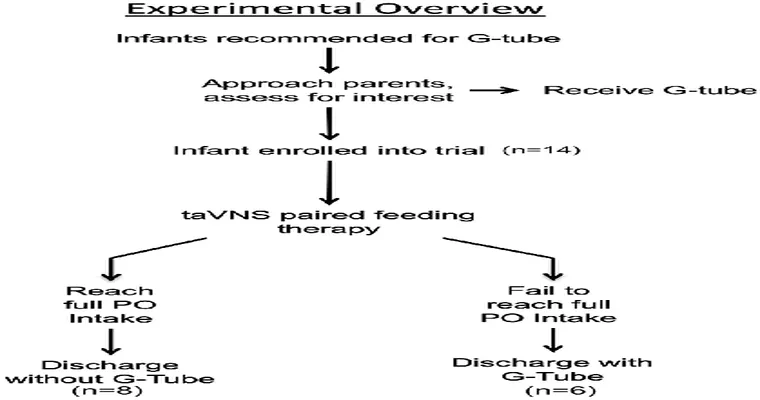
My 90-year-old dad recently suffered an IVH. After 10 days he was given an NG tube.Can the NG tube cause unnecessary stress to his heart?
My 90-year-old dad recently experienced an intraventricular hemorrhage and has been on an NG tube for ten days. I'm concerned about potential stress on his heart from the tube. While NG tubes can cause some discomfort, their impact on heart stress often depends on individual health conditions and overall stability.
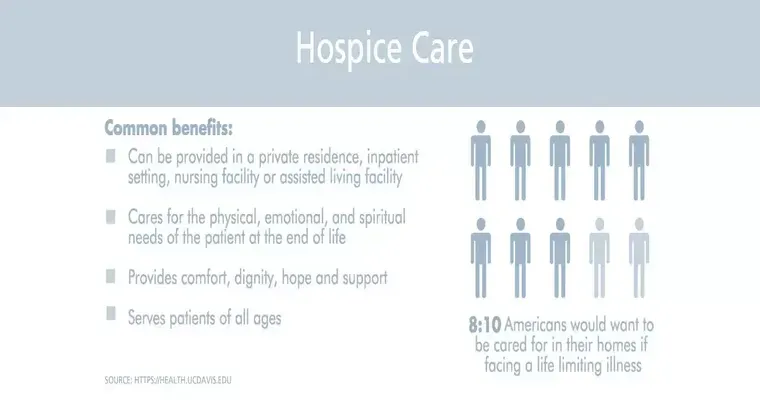
How does payment for hospice work and what facility supports that if homecare just isn't feasible?
Payment for hospice care typically comes through Medicare, Medicaid, and private insurance, covering services such as medical care and support. If home care isn't feasible, inpatient hospice facilities provide a supportive environment, offering comprehensive care and comfort for patients and their families during end-of-life transitions.

Any suggestions on how to navigate this? My father is 88, up until April was taking care of himself, Or so it was believed that he could.
Navigating care for your father may involve assessing his current needs and abilities. Consider involving healthcare professionals for evaluations and discussing options with family. Explore support services, such as home care or assisted living, to provide the necessary help while maintaining his dignity and independence. Open communication is essential throughout this process.

A friend's husband has Parkinson's and went to the hospital for therapy and in two days the man can't talk or stay awake, they say they can't medicate him, they send him to nursing home.
A friend's husband, who has Parkinson's, was admitted to the hospital for therapy. Within two days, he lost his ability to speak and remained constantly drowsy. The medical team stated they couldn't provide medication, ultimately deciding to transfer him to a nursing home for further care and support.
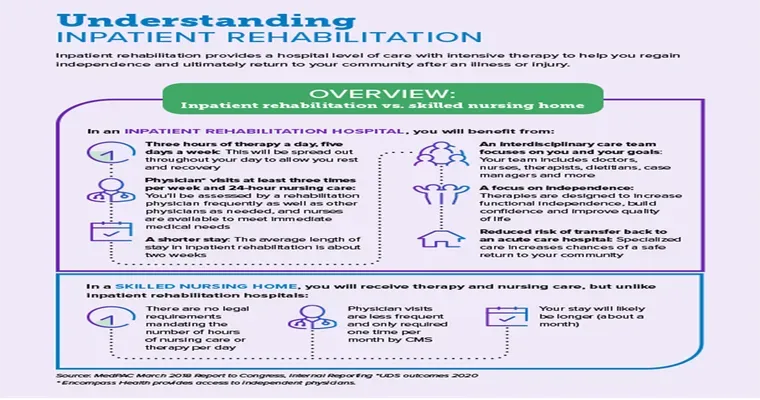
My question is, if financially feasible, could skilled nursing and physical therapy be brought in home?
The possibility of providing skilled nursing and physical therapy at home hinges on financial feasibility and patient needs. Home-based care can enhance comfort and convenience while ensuring personalized attention. However, evaluating costs, insurance coverage, and the availability of qualified professionals is essential to determine its practicality for individuals.
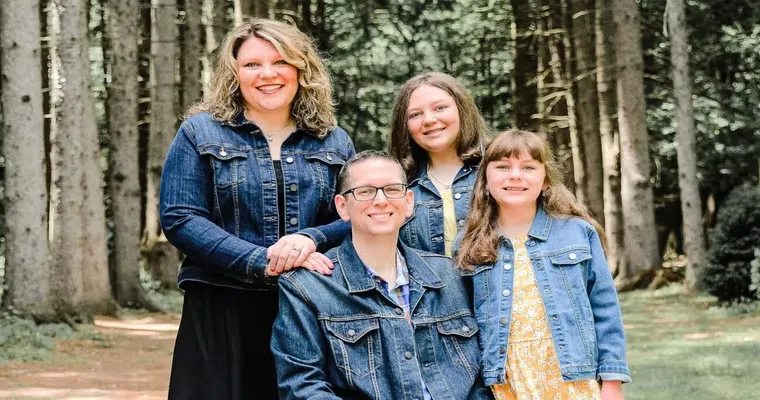
I’m 73 caregiver for my daughter 47 yr.'s old. Stroke has left her mentally challenged, she will not exercise to get better, in pain by pba.
At 73, I care for my 47-year-old daughter, who has been left mentally challenged after a stroke. Despite my efforts, she resists exercising to improve her condition. She experiences pain from PBA, making daily life a constant challenge for both of us as we navigate her limitations together.
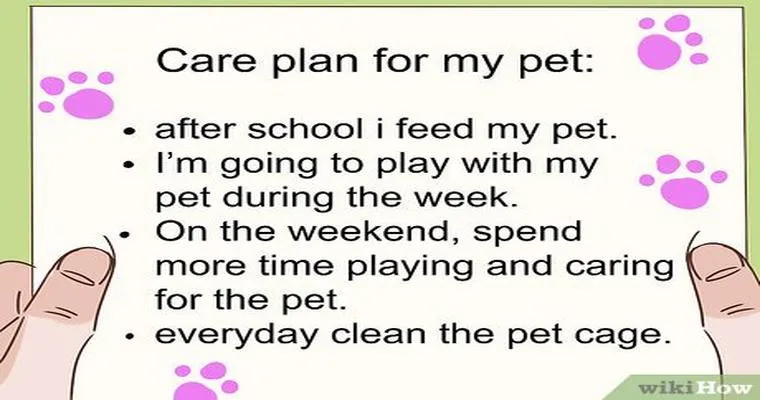
Pet care question. How can I convince my mom to let me take care of her dog?
To convince your mom to let you take care of her dog, highlight your responsibility and enthusiasm for pet care. Share your knowledge about the dog's needs, offer to create a structured routine, and emphasize the bonding experience it will foster between you and the dog, while also easing her workload.

Need help showing my 77 year mother with dementia how to properly interact with my 13 and a half old mini Pinscher.
Helping your mother interact with your mini Pinscher involves gentle guidance and patience. Encourage her to approach the dog calmly, using soft tones. Teach her to offer treats for positive interactions, and demonstrate basic commands. Regular, short sessions will boost her confidence while fostering a loving bond between them.
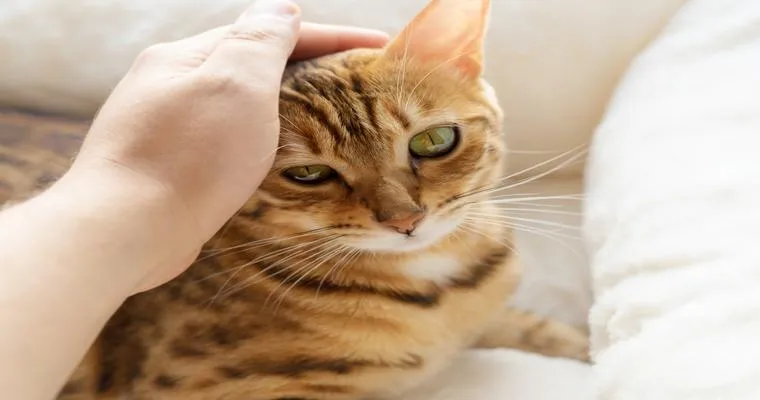
How do I tell my 89 year old aunt with dementia she can’t have her cats anymore?
Approaching your aunt about her cats requires sensitivity and compassion. Choose a calm moment to explain the situation, focusing on her well-being and safety. Emphasize that this decision is made out of love and concern, offering reassurance and support as she processes the news. Be patient and understanding throughout the conversation.

Weighted stuffed animal for sister?
A weighted stuffed animal for your sister offers comfort and support, combining the softness of a plush toy with the calming benefits of gentle pressure. Ideal for relaxation and stress relief, it can help her feel secure and relaxed, making it a thoughtful gift for any occasion.

My sister has Alzheimer's and I am having issues keeping up with her and her dogs.
Caring for my sister with Alzheimer's has become increasingly challenging as her condition progresses. I struggle to manage her needs while also taking care of her dogs, who require attention and exercise. Balancing these responsibilities is overwhelming, and I often feel lost in navigating this difficult situation.
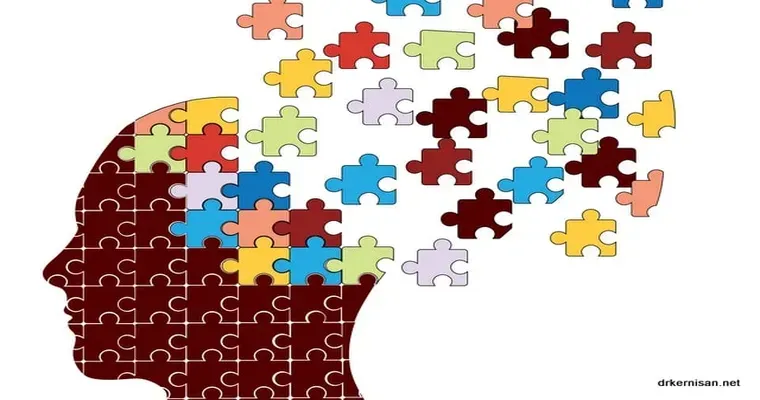
My grandmother displays dementia/Alzheimer's symptoms but otherwise seems fine.
My grandmother shows signs of dementia, often forgetting recent events and struggling with familiar tasks. Despite this, she remains physically healthy and engaged in activities she enjoys. Her warm personality shines through, creating moments of joy, even as we navigate the challenges of her cognitive decline together.
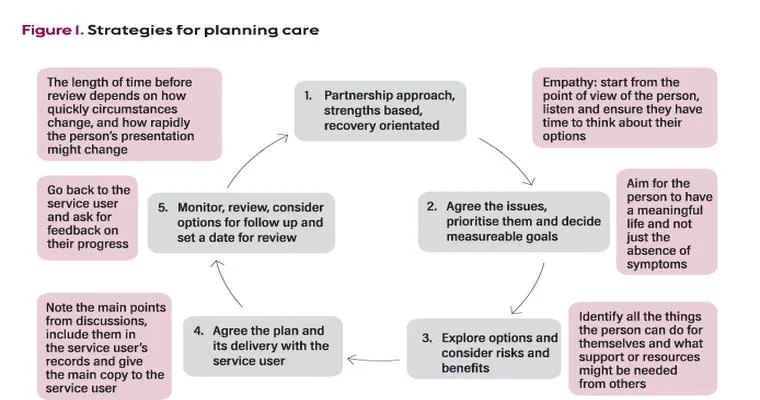
How many people out there find that nursing and rehab centers lie on their care plans?
Many individuals report concerns about nursing and rehab centers misrepresenting their care plans. Patients often feel that promised services and support are not delivered as outlined, leading to distrust and frustration. This discrepancy can significantly impact patients' recovery experiences and overall satisfaction with the care they receive.
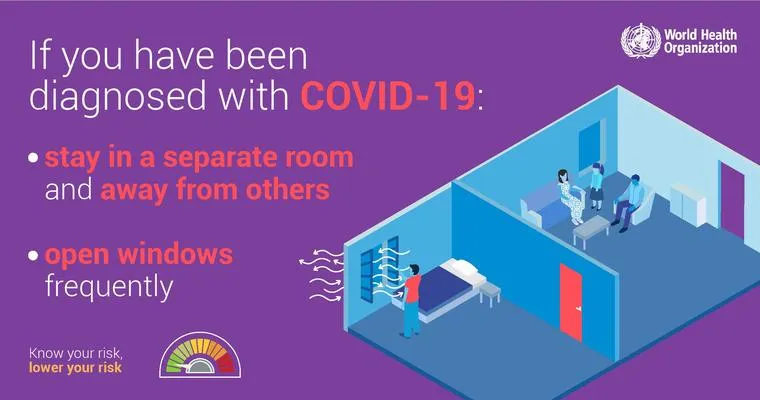
Worried my dad's health will decline more because of Covid isolation and other health problems. Any thoughts?
It's understandable to be concerned about your dad's health during these challenging times. Isolation can impact both mental and physical well-being, especially for those with existing health issues. Encouraging social connections, even virtually, and supporting a healthy routine can help mitigate some effects of isolation and improve his overall outlook.

I’ve had many ‘awful’ comments about my attitude to feral cats.
I've received numerous negative comments regarding my perspective on feral cats. Many people express strong opinions, often criticizing my approach to their management and welfare. Despite the backlash, I believe in addressing the complexities of feral cat populations while balancing ecological concerns and animal welfare. Understanding differing viewpoints is essential.
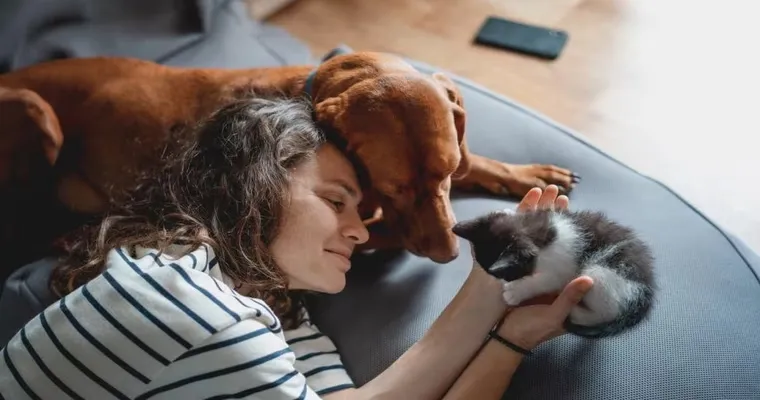
You CAN keep your dog or cat when you enter assisted living!
Many assisted living communities now welcome pets, allowing residents to keep their beloved dogs or cats. This policy helps enhance the emotional well-being of seniors, providing companionship and comfort. By creating a pet-friendly environment, these facilities promote a sense of normalcy and joy for both residents and their furry friends.

Why do vets keep old dogs alive?
Veterinarians often keep old dogs alive by prioritizing their quality of life and addressing health issues with appropriate treatments. They aim to alleviate pain, manage chronic conditions, and ensure comfort, recognizing the deep bond between pets and their owners. Ultimately, it's about balancing care with the dog's overall well-being.

Dog discussion thread.
A lively online discussion thread where dog enthusiasts share experiences, training tips, and breed information. Participants exchange stories about their furry companions, seek advice on health and behavior issues, and celebrate the joys of dog ownership. The community fosters a supportive environment for both new and seasoned dog lovers alike.

Double update
Double update refers to a situation where two separate updates or changes occur simultaneously or in quick succession within a system or software. This can lead to conflicts or inconsistencies, as both updates may attempt to modify the same data or settings, requiring careful management to ensure stability and accuracy.
Page 24 of 134